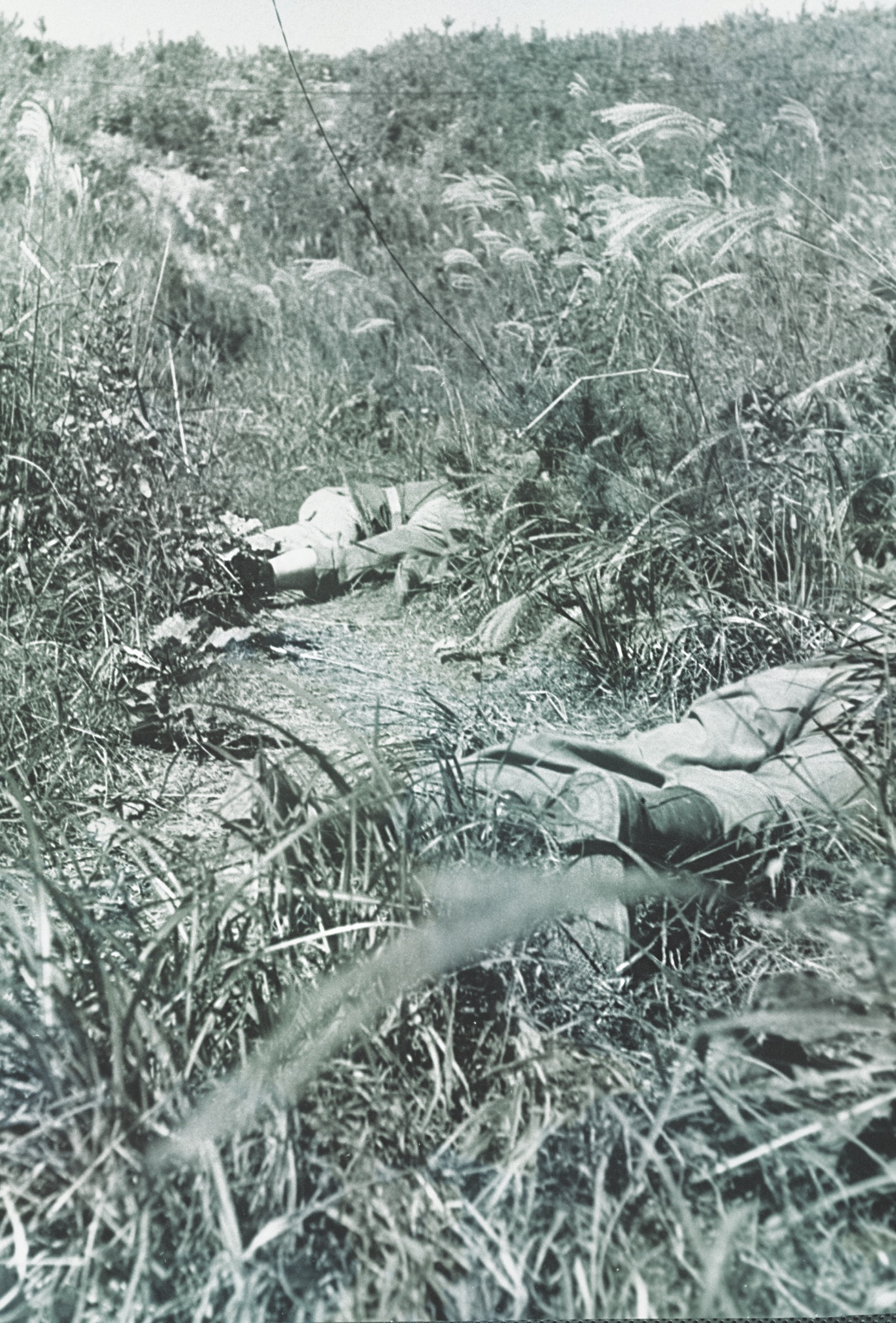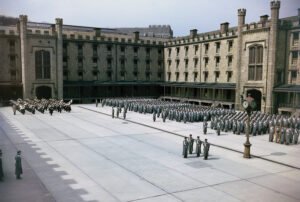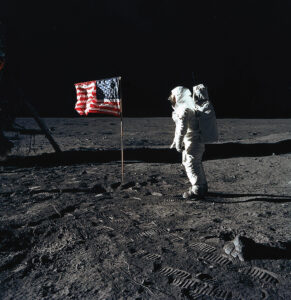Cho Chi-hun was born on December 3, 1920, in Yongyang, North Kyongsang Province, in what is now eastern South Korea. After graduating from Hyehwa College in 1941, Cho taught at Odaesan Buddhist College until Korea, with the end of World War II in 1945, was liberated from 35 years of Japanese rule and split at the 38th parallel into two sovereign nations, with the Soviet Union occupying the north and the United States the south. In 1947, a year after founding the Association of Young Writers and serving as the president of the Society of Korean Poets, Cho became a professor at Korea University. While he went on to publish several collections of poems, he is probably best known for his poems on the Korean War, which broke out in 1950 amid escalating tensions between the two rival superpowers. Cho died on May 17, 1968, at age 47.
The following poem depicts the grisly aftermath of the Battle of Tabu-dong (also known as Tabuwon), north of Taegu in South Korea, which in September 1950 ended in a victory for the United Nations when, after 18 days of fighting, U.S. and Republic of Korea troops turned back a strong North Korean attack. It is reprinted with the permission of White Pine Press (www.whitepine.org).
At Tabuwon
Coming to Tabuwon after the month-long siege is lifted,
I see autumn clouds dappling its hills.
After the cannon roar raged for a month
attacking and defending,
I realize how near Taegu
Tabuwon is located.
To keep this small village
As part of our free republic
Even grass and shrubbery
Had to die.
Oh, do not ask
For what Cause
The land had to suffer such ruin.
The head of a war horse
Severed while rearing toward heaven.
The corpse of a Communist soldier
Seeming to weep in remorse.
We were brothers under the same sky
Until a short while ago.
Now, though cooled by the autumn breeze,
Tabuwon stinks, like rotting fish.
If there were no Fate governing life and death
And we had no faith in Fate’s purpose,
What rest could there be for these pitiful dead?
The Tabuwon I survived to see
Offers no response to the living or the dead.
Only the wind stirs it.
[hr]
This article appears in the Summer 2019 issue (Vol. 31, No. 4) of MHQ—The Quarterly Journal of Military History with the headline: Poetry | Aftermath

Want to have the lavishly illustrated, premium-quality print edition of MHQ delivered directly to you four times a year? Subscribe now at special savings!





